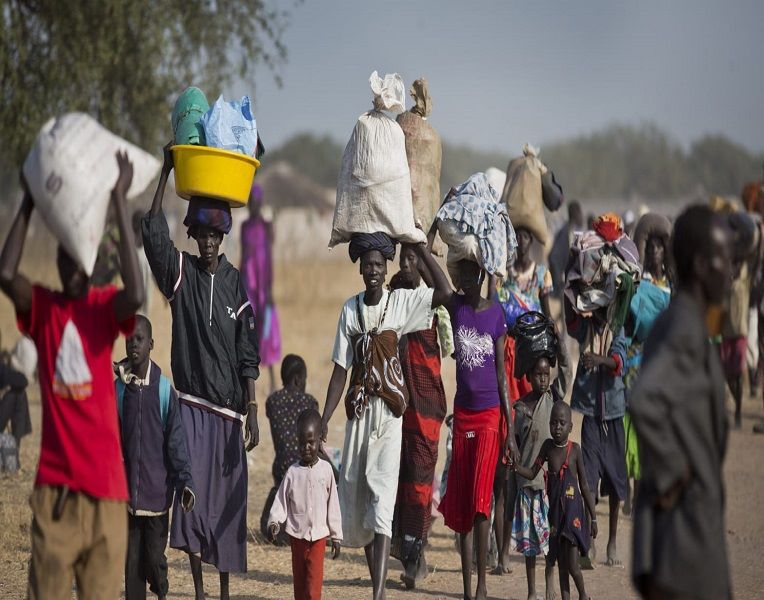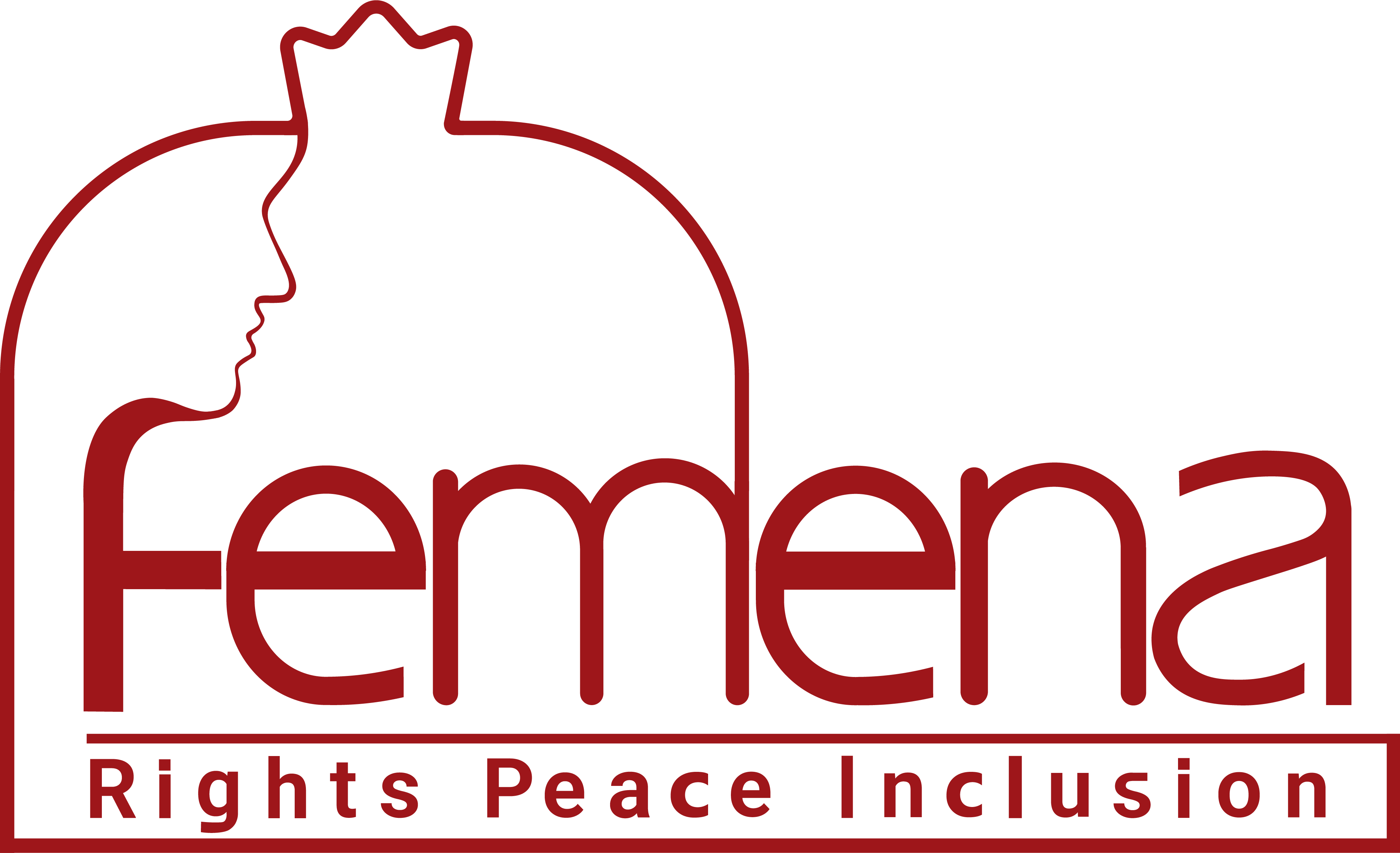
The undersigned are closely following the developments of the armed conflict in Sudan between the Sudanese Armed Forces and the Rapid Support Forces in Sudan and are deeply concerned about the massive impact these events are having on the humanitarian situation in the country, as the events have left irreparable damage in essential sectors. And infrastructure, and resulted in the displacement of hundreds of thousands of civilians internally and towards neighboring countries.
As we extend our deepest condolences and solidarity with the Sudanese people who are going through this difficult ordeal, we stress the importance of dealing immediately with the urgent humanitarian needs of the Sudanese people and refugee communities inside the country without any bias or political interference.
It is a priority for humanitarian agencies to have secure humanitarian access to assess the needs of the Sudanese people affected by the internal conflict and to deliver humanitarian aid to all individuals in need, in line with the principles of humanity, neutrality, and impartiality.
From this standpoint, we urge all concerned parties, starting from governments and their ministries of foreign affairs through international governmental and civil organizations, to cooperate and make the necessary efforts to provide resources and secure urgent humanitarian aid for affected people.
The humanitarian response and the work of relief organizations in the country has stopped since the outbreak of armed conflict two weeks ago inside Sudan and in the border areas with neighboring countries, and the humanitarian situation has reached a breaking point. Therefore, we call on everyone to put pressure on the two parties to the conflict to cease firing immediately and work quickly to provide safe passages for aid and relief teams and to secure evacuations for the stranded and injured.
Recommendations:
1. For the warring parties:
- Provide necessary protection for civilians and cease targeting residential areas.
- Avoid targeting civilian infrastructure and environmental facilities.
- Provide special protection for women and vulnerable groups.
- Stop targeting hospitals and medical service centers, offer medical care to the injured, and ensure humane treatment for detainees and prisoners.
- Allow humanitarian aid to reach those in need by providing safe corridors for aid delivery and civilian evacuation.
- Protect cultural and religious facilities.
2. For neighboring countries:
- a. Facilitate access for displaced persons and deliver aid to those affected.
- b. Accept refugees fleeing conflict, respect the principle of non-refoulement, and provide basic protection and assistance.
- Provide urgent medical support and establish mobile medical units to receive injured victims in border villages and cities.
- Cooperate with international organizations and civil society to ensure effective coordination of humanitarian efforts.
- Utilize diplomatic influence to contribute to conflict resolution and promote peace and stability in the region.
- Allow journalists, relief organizations, and volunteers access to border areas and crossings.
3. For international organizations:
- Develop accountable and transparent mechanisms to direct aid through existing civil society organizations operating within Sudan and neighboring countries.
- Enhance and expand existing collaboration between humanitarian agencies in the field and border areas.
- Address the alarming issue of food insecurity in Sudan after years of prolonged disturbances and several years of drought.
- Develop emergency plans and preparedness responses by governments, agencies, and humanitarian organizations to face the challenges of potential mass displacement or resettlement.
- Humanitarian actors need to improve coordination mechanisms and partnerships with the private sector, civil society organizations, and government agencies.
- Ensure safe, protected, unhindered access to affected individuals wherever they are to deliver essential relief supplies and humanitarian services.
- Mobilize the role of regional organizations as humanitarian coordination bodies.
4. For governments:
Governments and their foreign ministries should urgently consult with both sides of the conflict to cease fire, provide safe corridors for delivering relief, medical, and food supplies to those in need, and evacuate those stranded in devastated areas. Additionally, helping neighboring countries fulfill their responsibilities towards the displaced.
Signatories:
المنتدى التونسي للحقوق الاقتصادية والاجتماعية
مؤسسة جنوبية حرة للتنمية
African WomenEmpowerment & Information Center
Algerian organisation defended of human rights
Anti-Racism Movement
Canadian Women for Women in Afghanistan
CIVICUS – World Alliance for Citizen Participation
Climate Save Movement
Coady Institute
DefendDefenders (East and Horn of Africa Human Rights Defenders Project)
Donneinneto di Napoli; le VEGLIE CONTRO LE MORTI IN.MARE
El Nadine Center
Egyptian Front for Human Rights
Egyptian Human Rights Forum
EgyptWide for Human Rights
Femena
Governance Programming Overseas (GPO)
The Tahrir Institute for Middle East Policy (TIMEP)
The Regional Coalition for Women Human Rights Defenders in West Asia and North Africa.
Human Rights Concern – Eritrea (HRCE)
HuMENA for Human Rights and Civic Engagement
international bar association’s human rights institute
International Service for Human Rights
Le Veglie Contro le Morti in Mare
MARBE SA, Costa Rica
Mediterranea Saving Humans
National Representative Council of Eritrea-GIE
Nazra For Feminist Studies
Network of Eritrean Women
Reacción Climática
Realizing Sexual and Reproductive Justice
Refugees platform in Egypt (RPE)
Safe Road
Sinai Foundation for Human Rights
Sudan Monitor Platform
Sudan NextGen
Sudanese Women Rights Action
Tane Ko Teemahane Women’s Foundation
Tsilal-Ade
United4Eritrea
Vital Voices Global Partnership
Women Now for Development
WoMin African Alliance

